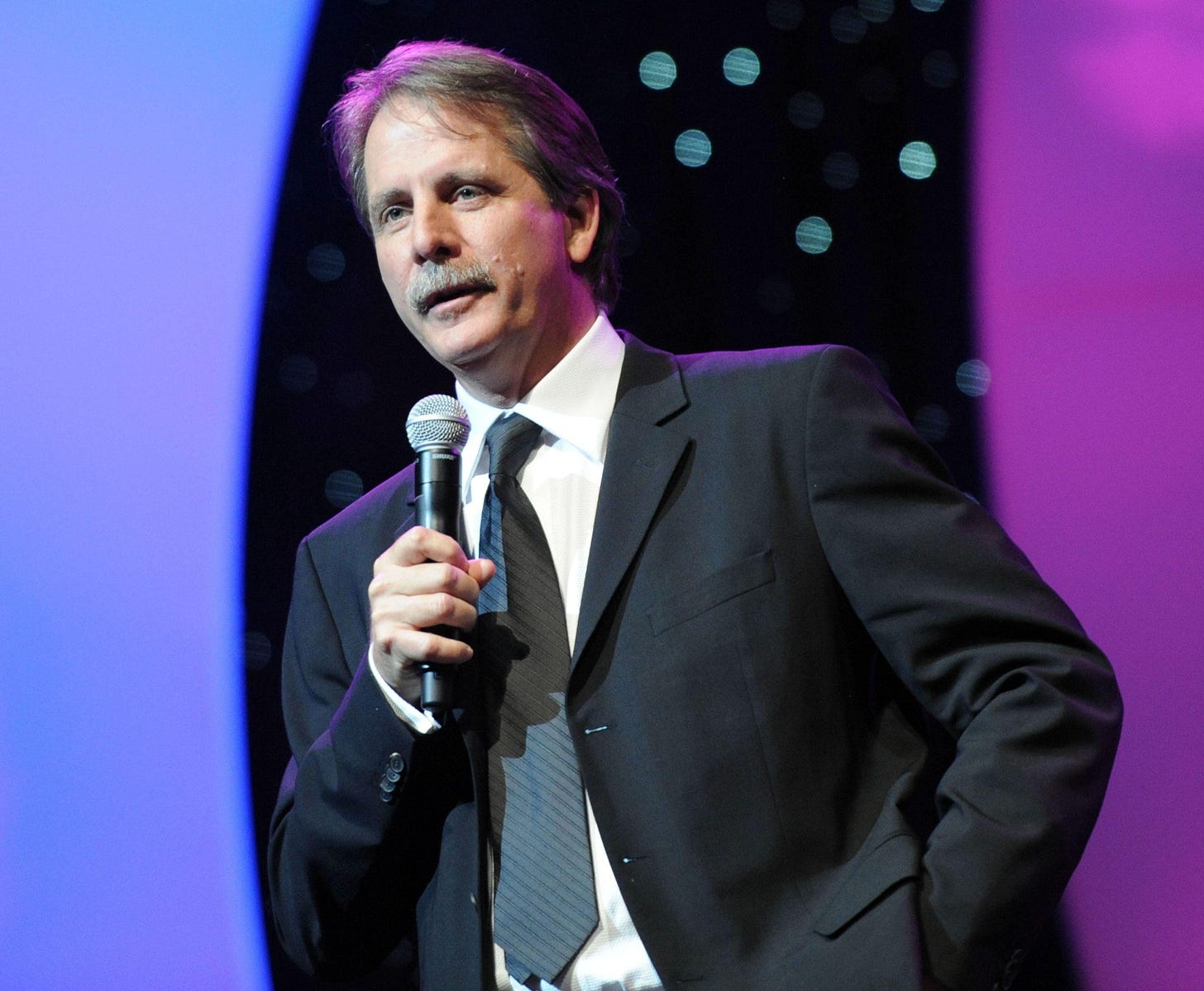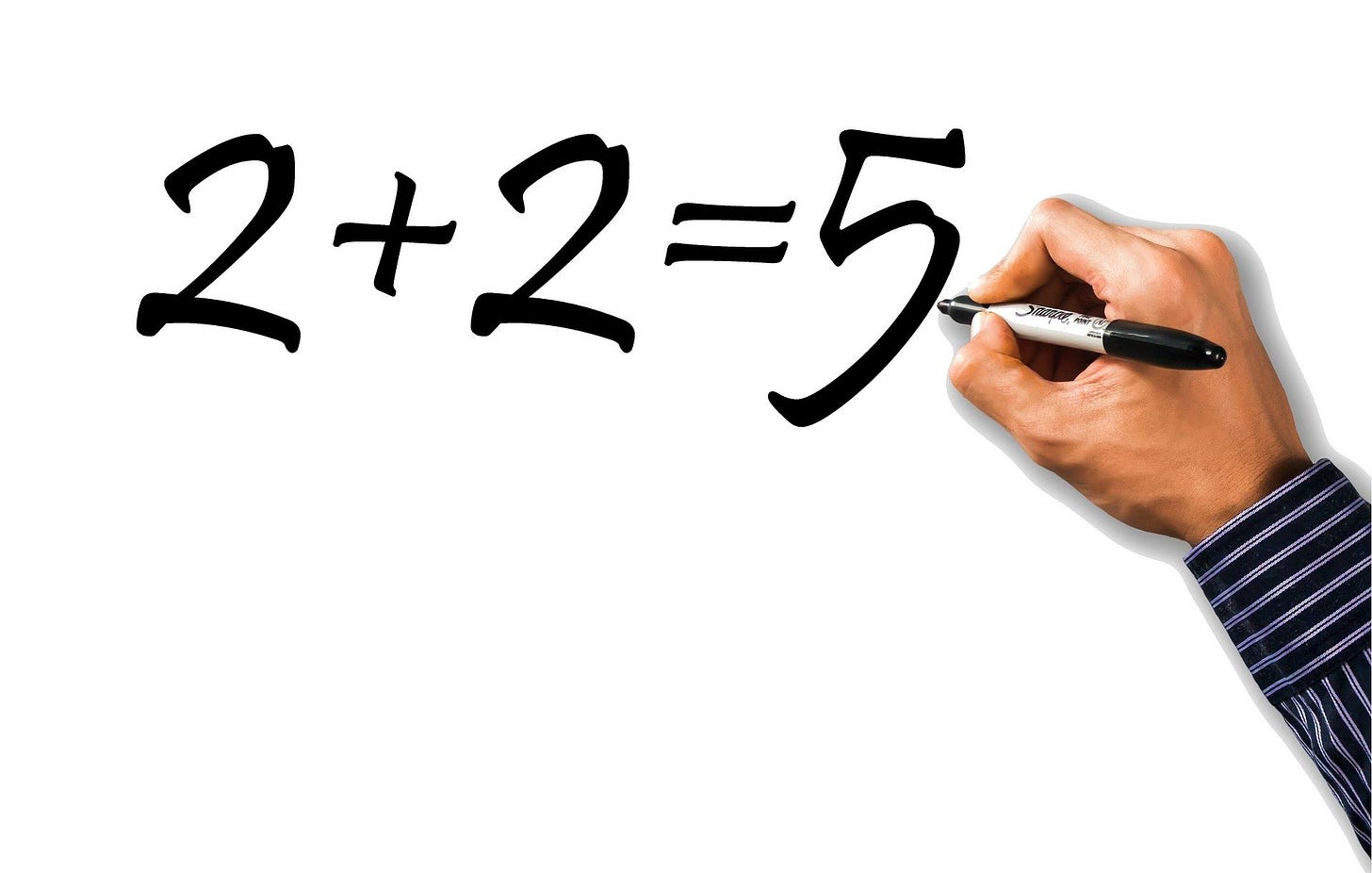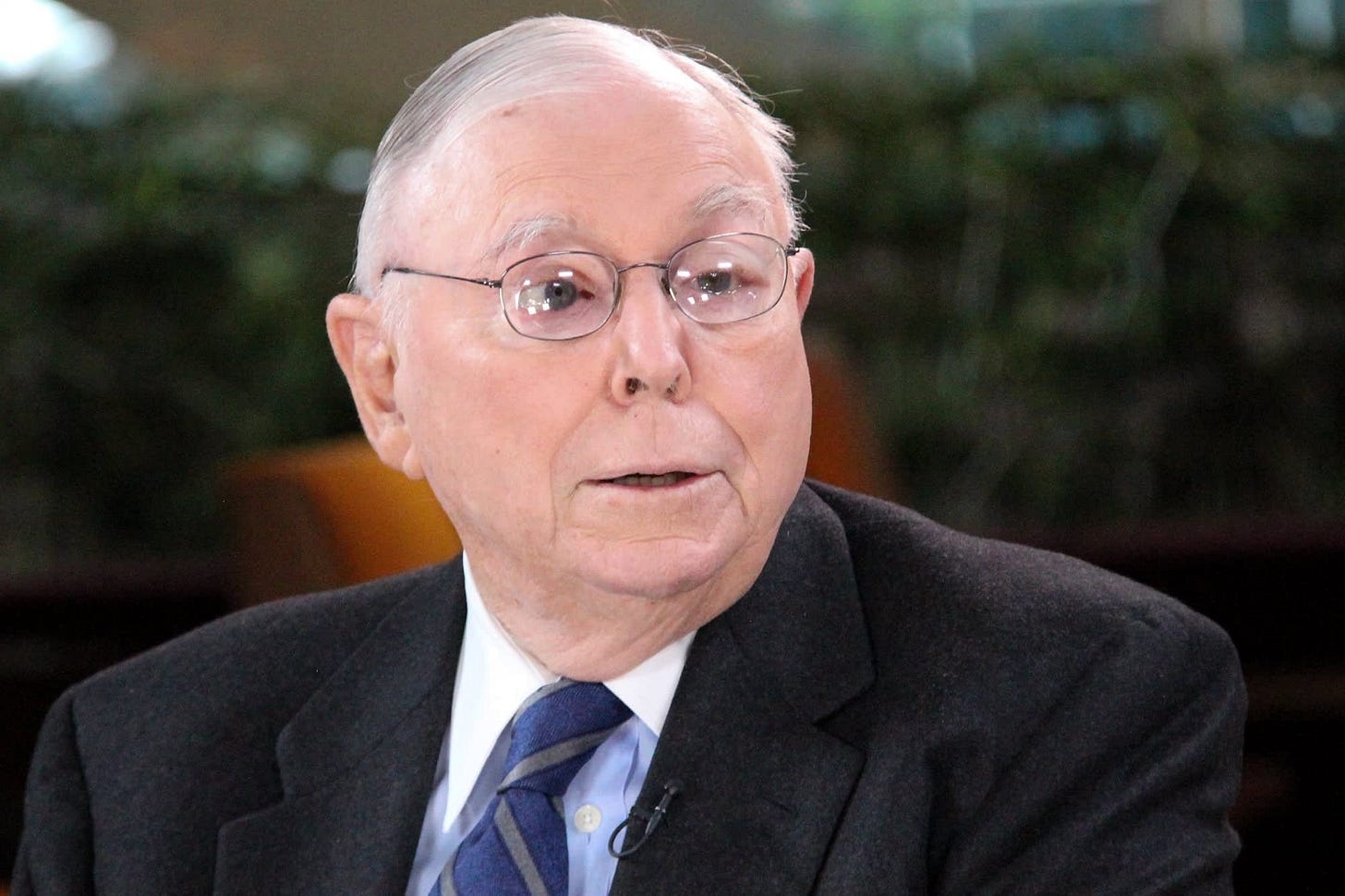Experts Beating Ego With Honesty
Seven different bite-site segments on thinking, communication and reputation
Experts who can show self awareness and communicate with themselves and others the trait of humility are going to be far more respected than those who are reactive and get defensive and dismissive about their errors.
"Experts are well aware of their mistakes."
Gary Klein
That quote shared is courtesy of Shane Parrish and Farnam Street
Being aware of them and proceeding with humility and a desire to learn and not being swallowed up by ego are two distinctly different things. This requires self awareness and the willingness to be honest with oneself, which not everyone will do.
Trust and reputation are at stake here. Don’t be fooled into thinking otherwise. And trust and reputation are needed to have people on your side and have staying power, influence, persuasion abilities and help in our pursuits.
An acclaimed and well-known professional was said, in a newspaper article, to be “extremely difficult” to work with…and while most of their work was said to be very good, it was expressed that regrettably the workplace, “… all too often seemed to turn into a matter of ego, personal brand and outright self-aggrandizement.”
One staffer described this professional as “hostile, intimidating and unethical.” Another said, that this person, “does not react well to people not doing what (the person being described) asks them to do.”
The rationalization and comment from the professional being “written up” in the state’s leading newspaper?
“People don’t like their bosses all the time. This has been a particularly successful organization … and we’ve built bridge … and it seems funny for an organization to dismantle that.”
Depending on how old you are, you might remember comedian Jeff Foxworthy’s famous “…you might be a redneck” punchline for a successful act he had.
Well, “You might have a problem,” you are denying if the people under your leadership revolt, as fifteen of Spain’s top women soccer players did in declining to play for the national team until the work culture improves.
Head coach Jorge Vilda is, in the players minds: unprofessional, dictatorial, oppressive, uncaring as to bodily health and whose behavior has harmed their “emotional and personal state.”
The players, maybe not surprising, are not receiving all the support they should morally and ethically getting.
In other words, there is enabling taking place, which allows for a person exhibiting misconduct to believe nothing is wrong and nothing is going to be done about the claims, resulting in no self examination and effort to improve and become more self controlled, compassionate and professional.
Common, powerful narratives are not always based in facts. They're based in emotional reasoning. Why is this important?
People’s assumptions, without sufficient or credible evidence, become false conclusions, ones that can harm other people, including you.
It’s imperative to keep this in mind when it comes to decision analysis and decision making. Thinking more intelligently and deciding more carefully is a manner that can assist you in protecting yourself against a destructive and self-destructive storm of negative judgment, criticism and pain.
Humans rationalize. They might say “right” and “wrong” are social constructs. Or personal preferences.
And yes, people can disagree on “right” and “wrong” yet it’s important to “trust,” reputation and personal well-being to understand how certain decisions and actions can put us, and those around us, at great risk, regardless of how we judge what is acceptable personal choice or unacceptable ones, leading to unwanted outcomes.
“Keep ignoring feedback and life will keep teaching you the same lesson."
James Clear
This is a painful lesson to learn, sometimes over and over, for anyone. Some of us are slower learners, some faster learners and some of us never seem to learn from mistakes, errors or failings.
“A lot of smart people think they’re way smarter than they are, and therefore they do worse than dumb people. And it’s very common to be utterly brilliant and think you’re way the hell smarter than you are."
Charlie Munger
Investor and businessman
Talking about intellectual humility
Amazing that some of us can be “utterly brilliant” (this excludes me), be overconfident and at times, maybe even smug, and yet have little awareness of the errors of our assumptions and conclusions.
“I just ‘beat’ me. This ain’t about anybody else … I’m in a battle with the only person I really want to beat — and that’s me.”
Kevin Hart
Comedian and actor
This type of inward competition can prevent a lot of unethical or immoral behavior and protect, or rebuild trust and reputation. Becoming a better, more successful version of ourselves is often the personal and professional development that is respected and more likely, admired.
Michael Toebe is the creator of Reputation Notes and founder and reputation specialist at Reputation Quality, a practice that serves and helps successful individuals and organizations in further building reputation as an asset and when necessary, ethically and successfully protecting, restoring and reconstructing it.
NOTE: if you would like to be interviewed for the newsletter and can talk about important, interesting and insightful matters of reputation, you can contact me at Michael.Toebe@Reputation-Quality.com.
NOTE II: If you have reputation-related questions you’d like answered in this newsletter you are welcome to ask them.
I can-and-will grant you anonymity regarding your question if that’s important to you.












